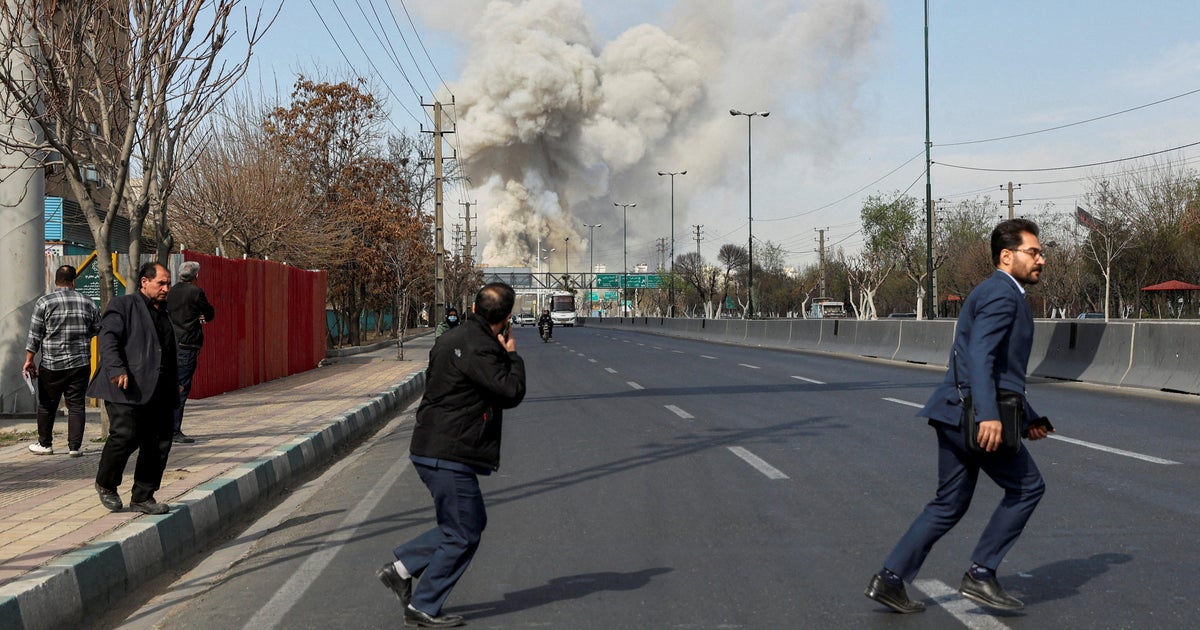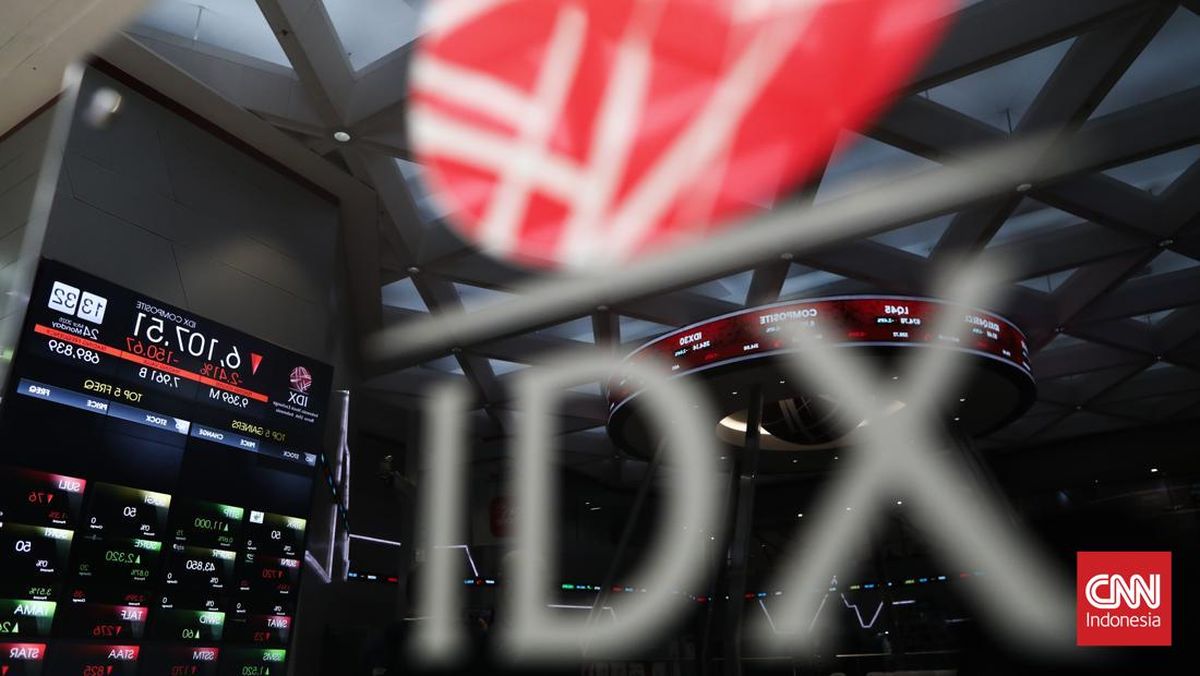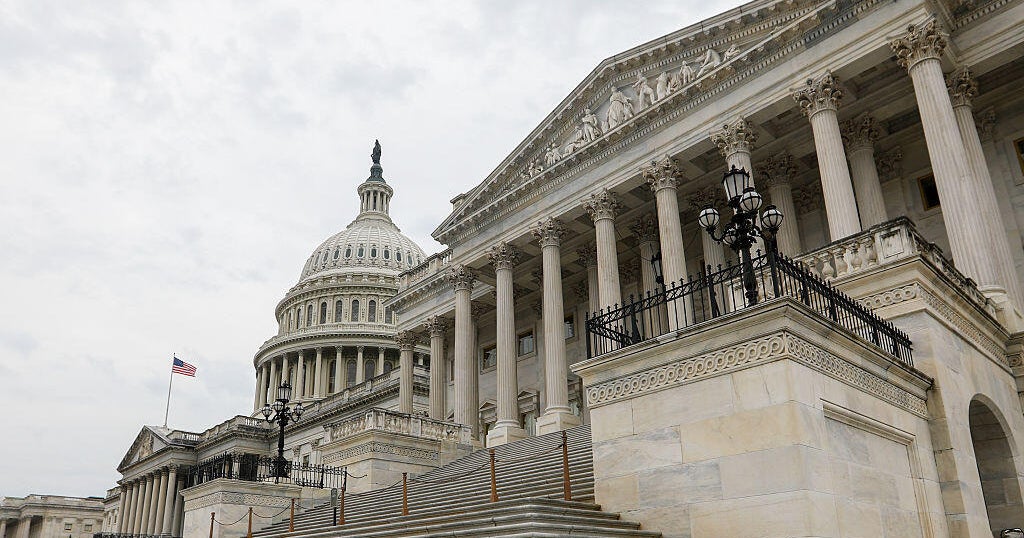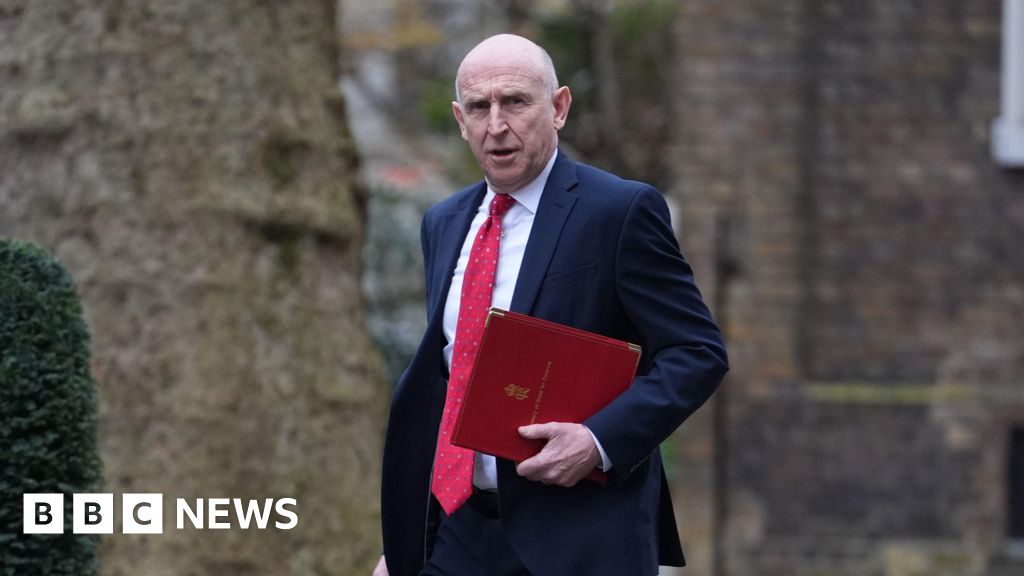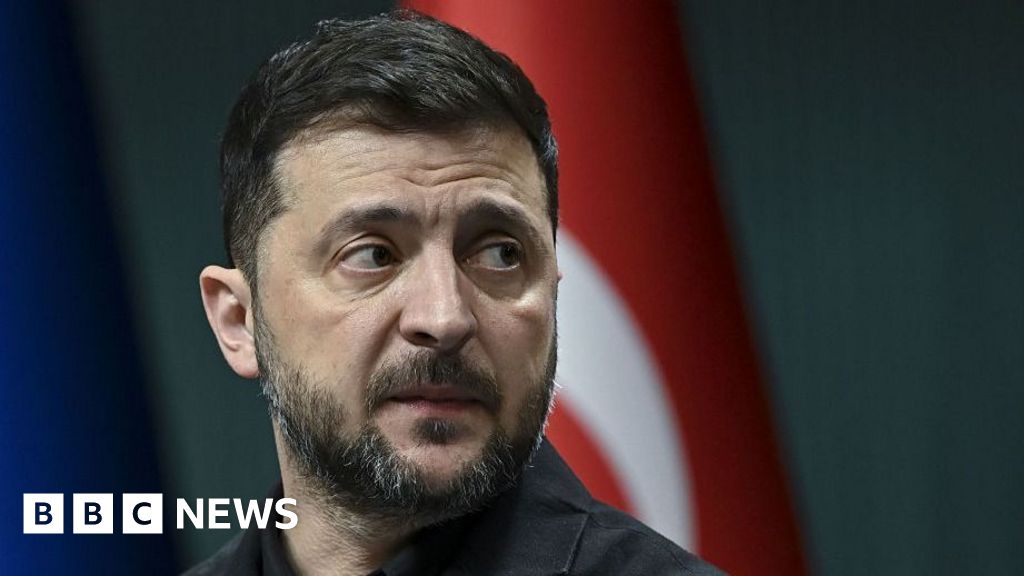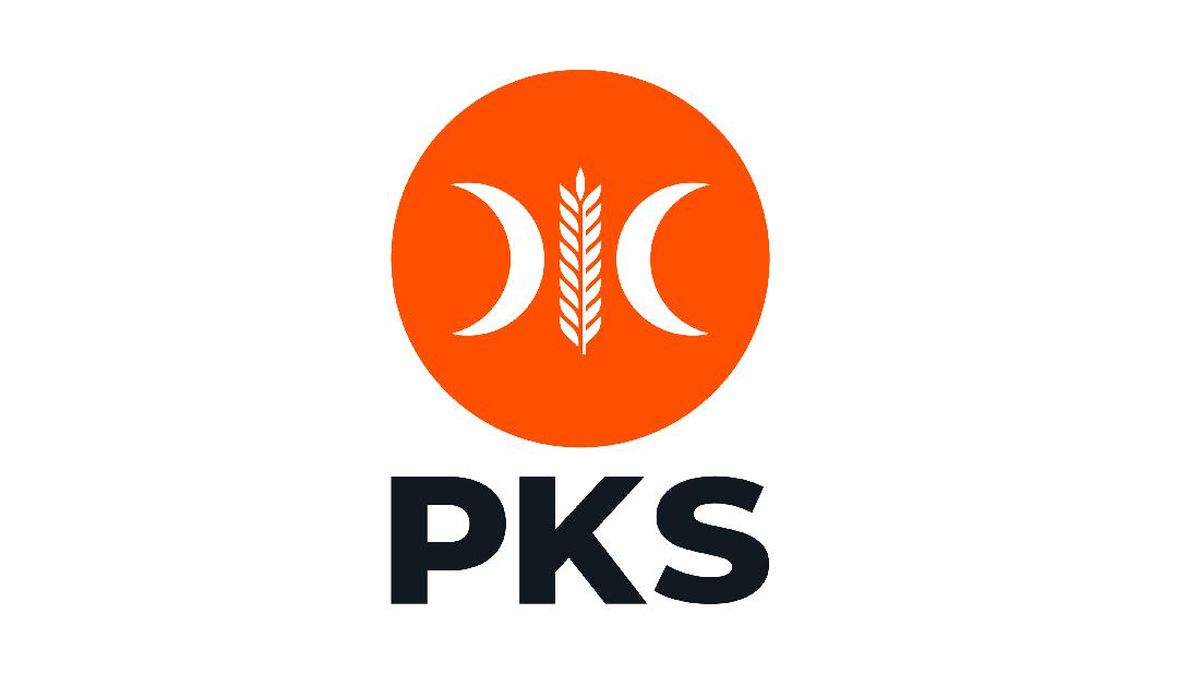A Treasury Department analysis indicates that new U.S. sanctions on Russian oil producers have sent prices there tumbling, choking off a key revenue source that Russia has used to fund its war in Ukraine, the department said.
One key benchmark for Russian oil prices — Urals crude — had fallen by at least 21% since a set of new sanctions were announced last month, a Treasury official said Thursday. The official also pointed to a decrease in the amount of oil departing from Russia to unknown destinations and said transaction volume has decreased.
The sanctions, announced Oct. 22, target Russian oil giants Lukoil and Rosneft. They represent the first direct actions against Russia of the second Trump administration and some of the most aggressive since Russia's full-scale invasion of Ukraine began in February 2022. Since the announcement, nearly a dozen major Indian and Chinese purchasers of Russian oil have stated intentions to pause their purchases of Russian oil deliveries for December, Treasury has said.
A November 17 memo from the Treasury's Sanctions Economic Analysis Division assessed that the "sanctions on Russian energy firms Lukoil and Rosneft are having their intended effect of dampening Russian revenues by lowering the price of Russian oil and therefore the country's ability to fund its war effort against Ukraine."
The memo said that several grades of Russian oil are trading at multi-year lows, and are "well below all other international prices."
The memo also indicated that sanctions are "likely to have a long-term negative impact on the quantity of Russian oil sold."
The sanctions set a Friday, Nov. 21, deadline for companies to wind down dealings with Rosneft and Lukoil. Nearly three dozen entities are petitioning Treasury's Office of Foreign Assets Control for additional time to wind down operations, which would take them beyond the original deadline. That is not unusual, as companies work to comply with U.S. sanctions.
Treasury has issued some extensions already for certain transactions involving Lukoil's retail service stations and contracts for the sale of the firm's international assets until Dec. 13. A separate waiver for deals pertaining to Lukoil's entities in Bulgaria was extended through April 29, according to a CBS review of the licenses.
A Treasury official also said Thursday that many Chinese and Indian entities — including banks and refineries — are conscious of the sanctions and are "risk averse, do recognize the importance of the relationships with the West, and are moving to comply."
Treasury Secretary Scott Bessent said last month the sanctions on Russia's largest oil companies were driven by President Vladimir Putin's "refusal to end this senseless war." Treasury said the companies have helped to "fund the Kremlin's war machine."
Last month on CBS News' "Face the Nation," Bessent told moderator Margaret Brennan that the latest actions could cut Russia's oil revenue 20% or 30%. A Treasury official said the impacts are still being assessed, but that "it is clear that there will be revenue impacts" from the sanctions.
The oil price plunge comes as President Trump presses Russia and Ukraine to reach a ceasefire. At various points, he has expressed frustration with the leaders of both countries.
Ukrainian President Volodymyr Zelenskyy's office confirmed Thursday he had received a draft peace plan from the U.S.



